Online shopping has blurred state borders, turning once-regional rules into legal traps for the unaware. Some gadgets look harmless on a product page sleek, functional, and convenient but carry legal baggage once they cross into certain jurisdictions. From car tech to personal defense tools, a handful of everyday items remain banned or restricted under state or local laws. Understanding why these rules exist and how they differ shows how fast technology can outpace regulation and how easily good intentions can lead to real consequences.
Radar Detectors For Speed Traps
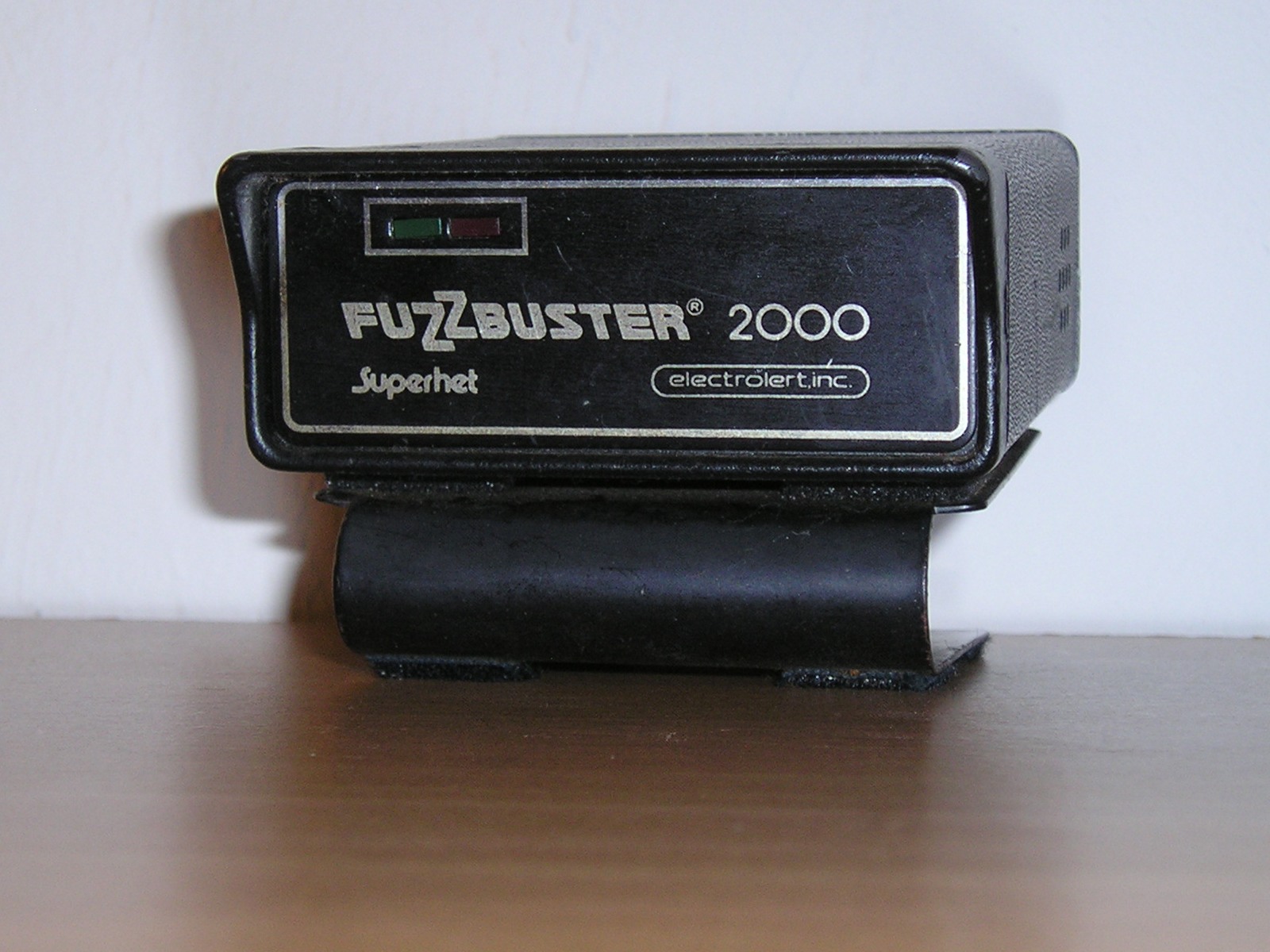
Radar detectors are legal in most states, but Virginia and Washington, D.C. still outlaw them completely, and federal regulations ban their use in large commercial vehicles. Some states also restrict mounting anything on a windshield, meaning a radar detector placed wrong can draw attention from law enforcement. What feels like a harmless alert system can quickly turn into an expensive lesson about how state lines shape what’s considered responsible driving.
Laser Jammers And LIDAR Shifters
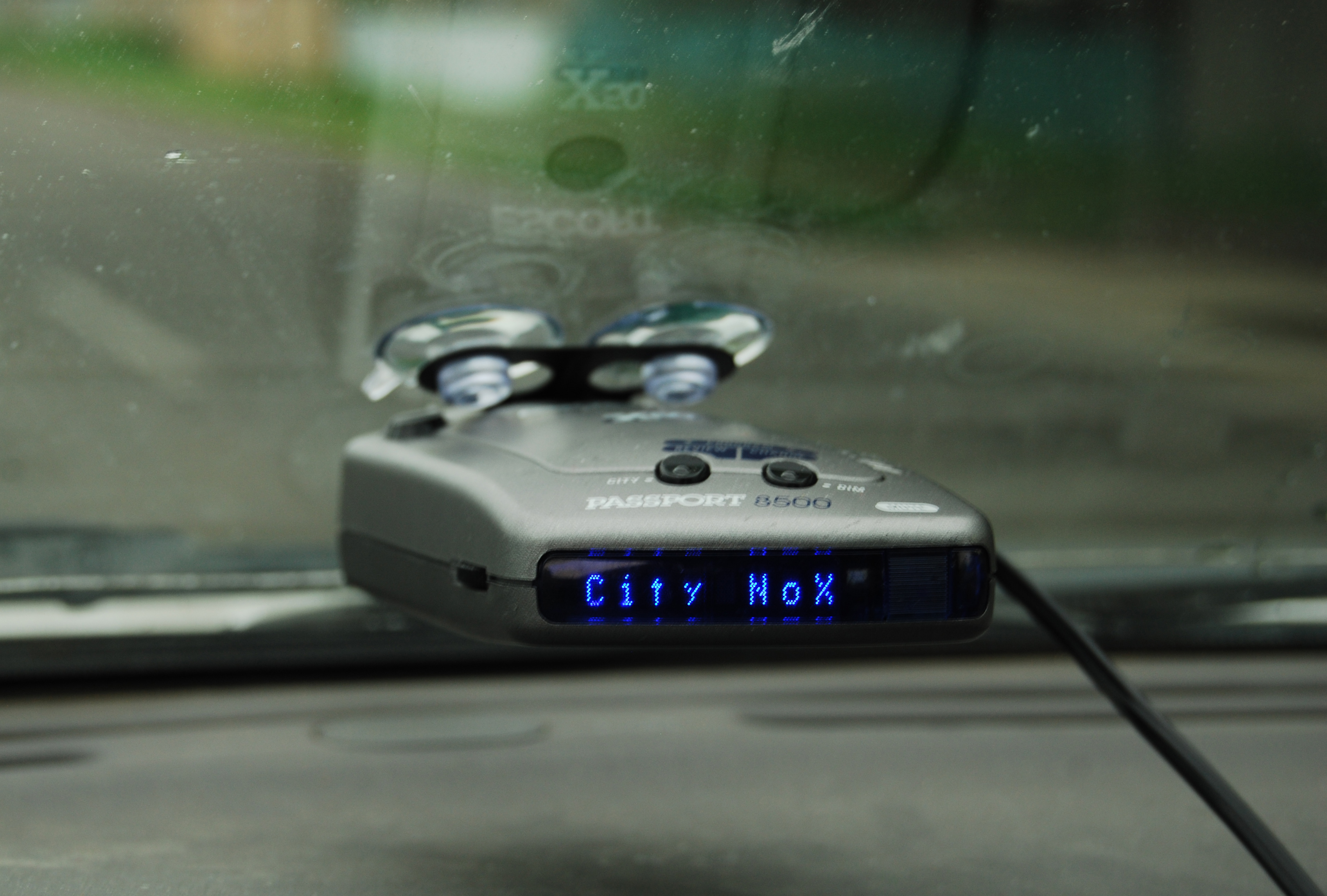
Laser jammers are built to scramble police LIDAR signals, and that’s exactly why several states ban them. California, Colorado, Minnesota, Tennessee, Texas, Utah, and Virginia all prohibit their use, seeing them as deliberate interference with traffic enforcement. While they’re easy to buy online, being caught with one installed can escalate into serious penalties. A sleek sensor hidden in a car grille might look clever but it reads as intentional obstruction under many traffic laws.
Civilian Stun Guns And Tasers
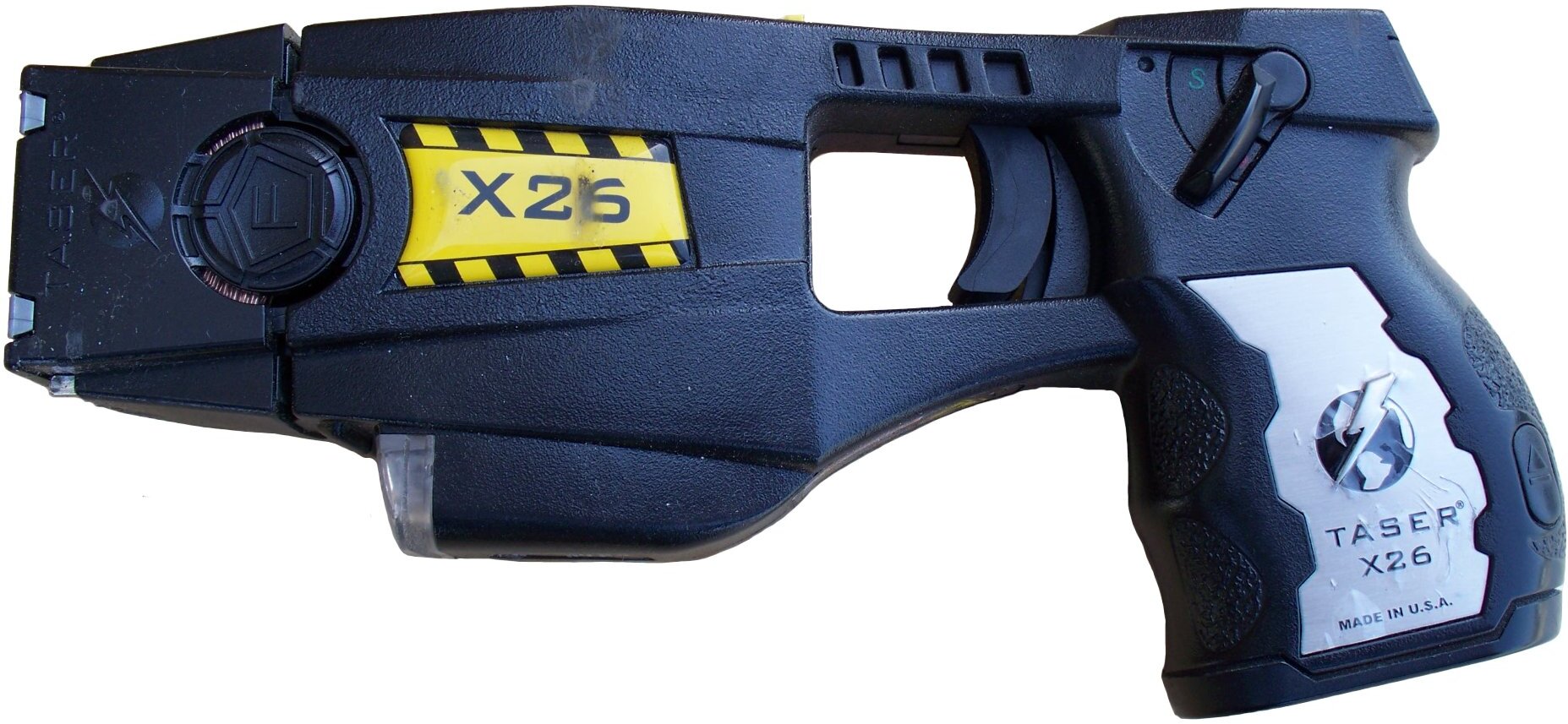
Stun guns and Taser-style devices are sold everywhere as simple self-defense tools. Yet in places like Rhode Island, and certain cities or college campuses, they’re still restricted or banned outright. Even in legal states, age requirements, permit rules, and background checks can apply. A device meant for protection can backfire legally when carried into areas that classify it as a prohibited weapon, showing how personal safety laws vary dramatically between regions.
Brass Knuckles And Striking Keychains

Metal knuckles and cat-ear self-defense keychains are widely available online in bright colors and playful designs. But many states still classify them as prohibited weapons, with Michigan, California, and Illinois enforcing long-standing bans. Police view them not as accessories but as tools designed to cause harm. Something that looks decorative in your cart can end up categorized as a weapon the moment it’s found during a routine stop or security check.
Automatic Knives And OTF Blades

Automatic knives, including out-the-front (OTF) models, sit in a murky legal zone. They’re legal in many states now, but others, like Washington and New Mexico, still restrict their sale or carry. Some places draw the line by blade length or concealment, creating a confusing web of overlapping rules. An automatic knife that’s fine in one state could become contraband a few miles away, especially when carried in a pocket instead of a toolbox.
High-Powered Lasers And Burning Pointers

High-powered handheld lasers often sold for astronomy or DIY experiments can exceed the 5 mW legal limit for consumer pointers. Once aimed at an aircraft, vehicle, or even a person, they shift from novelty to criminal evidence. Federal and state authorities treat misuse seriously, with penalties reaching into thousands of dollars. A gadget that looks like a toy on screen becomes a safety hazard in real life, capable of causing permanent eye injuries or flight disruptions.
Covert GPS Trackers And Smart Tags
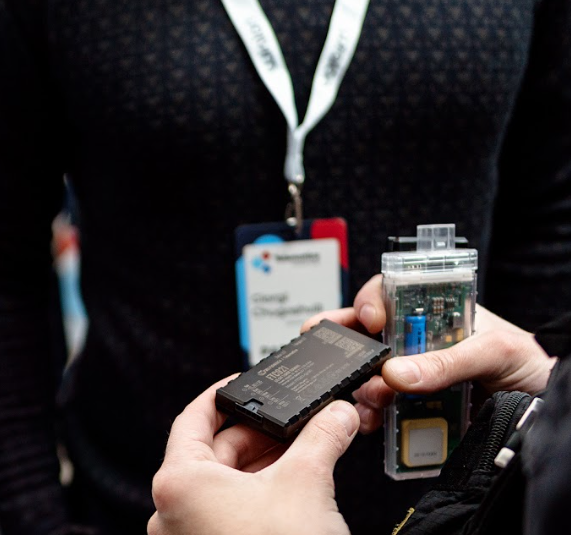
Tiny GPS trackers and smart tags are advertised for pets, cars, and luggage, but privacy laws tell a different story. Many states now classify unauthorized tracking as stalking or invasion of privacy, particularly in domestic disputes. Attaching a tracker to someone’s vehicle or belongings without consent can lead to felony charges. What began as convenience technology for forgetful users has become a flashpoint in modern surveillance and personal freedom debates.
License Plate Flippers, Covers, And Sprays

Online sellers often promote license plate flippers, reflective covers, and anti-camera sprays as ways to dodge tolls or red-light tickets. States like Texas, Florida, Illinois, and Delaware have outlawed these devices outright, viewing them as attempts to obstruct identification. Even owning one can be enough to face fines or legal action. A gadget sold as a clever hack for privacy looks more like fraud once it meets a traffic camera or officer.
Police Scanners And Scanner Apps
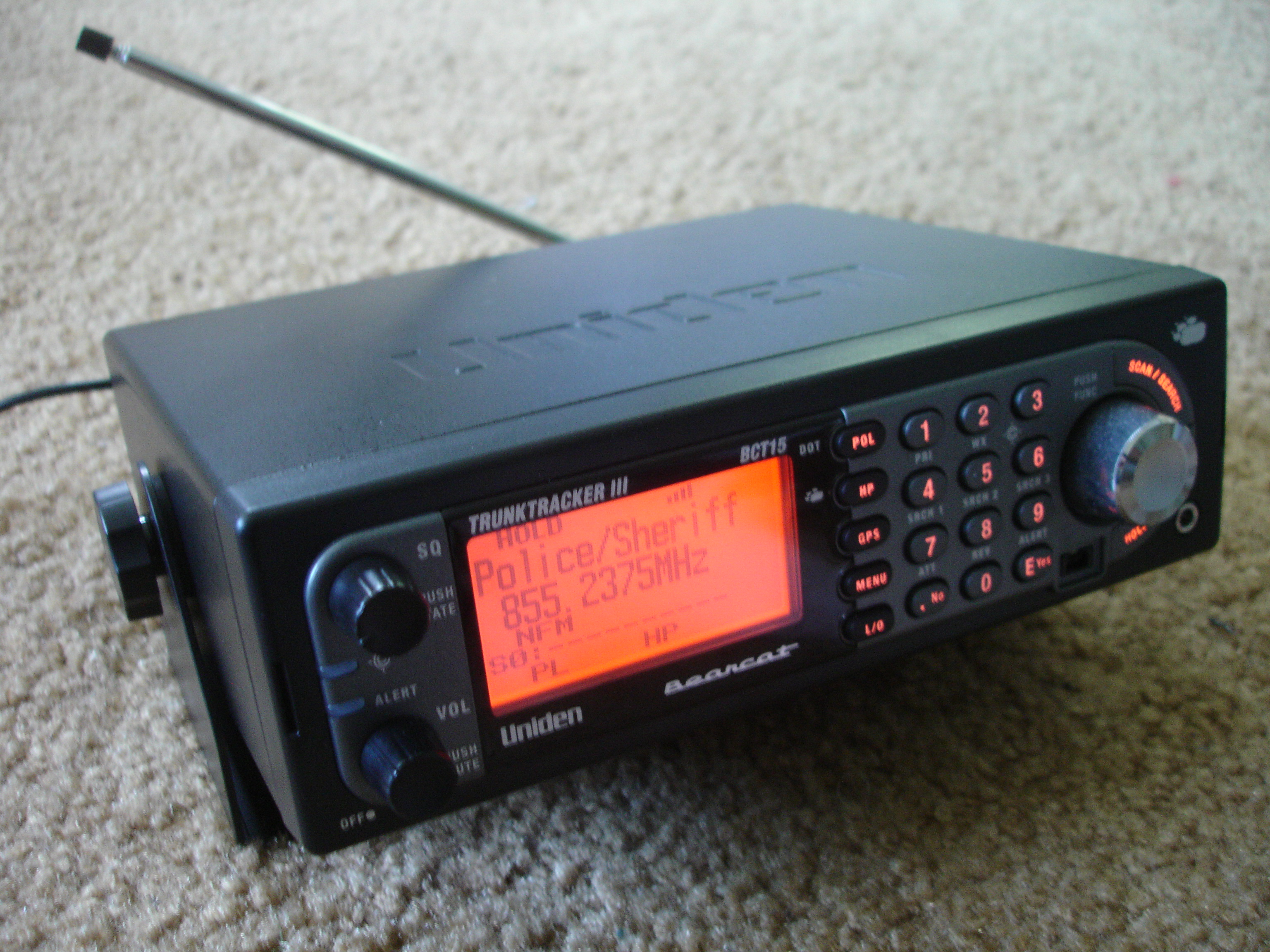
Police scanners and streaming apps attract hobbyists and storm spotters, but not all states welcome them in cars. Florida, Indiana, Kentucky, Minnesota, and New York restrict in-vehicle use, especially when linked to criminal activity. What starts as innocent curiosity can be interpreted as intent to evade law enforcement. Technology that keeps citizens informed also walks a fine line when it broadcasts active police movements in real time.


